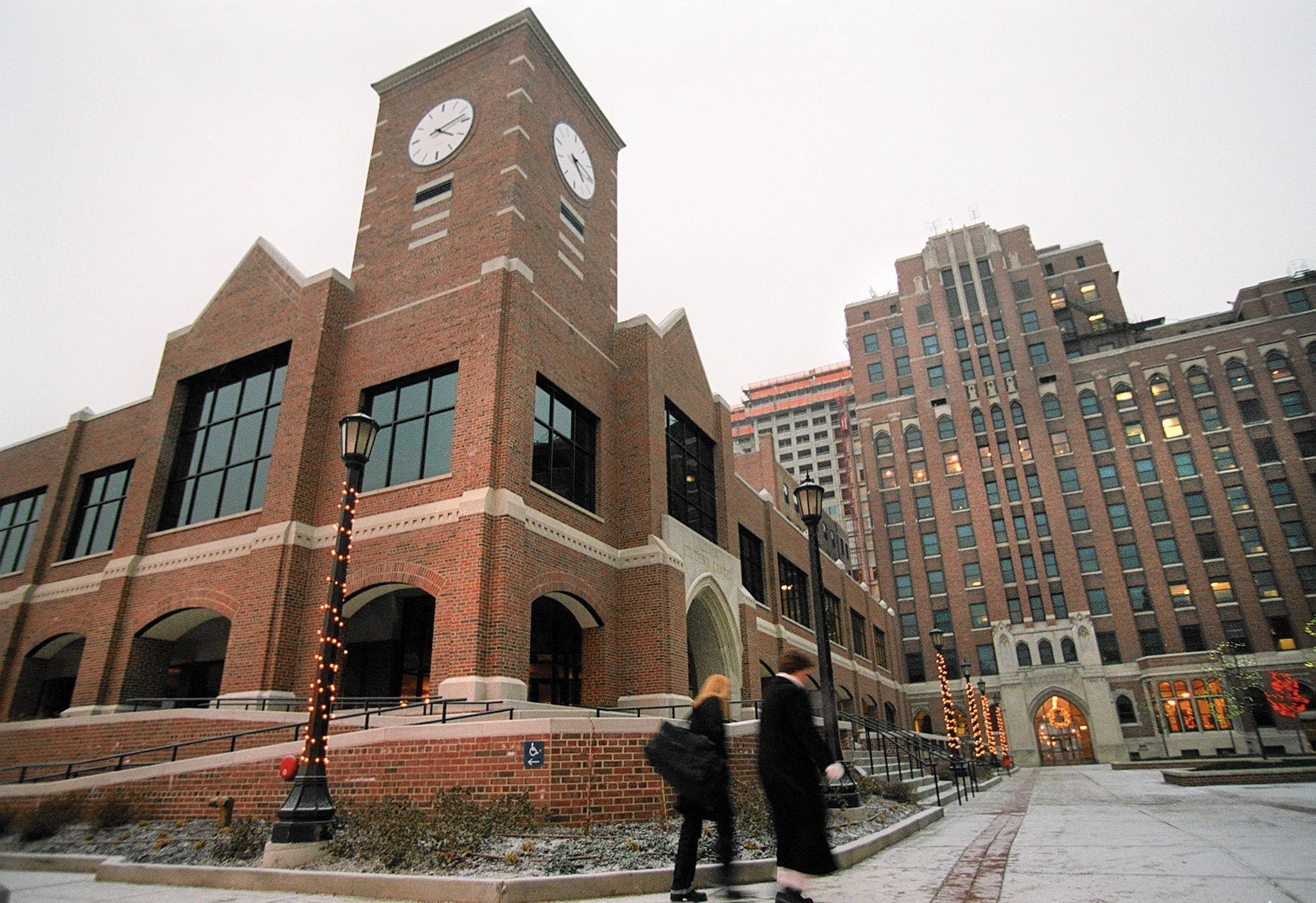The following is an excerpt from my book, From Death to Life: How Salvation Works. You can check out ordering information at our store.
Living Things Grow
When the gospel penetrates our hearts and changes our affections for Christ it will show in our outward behavior. Show me a person who loves football, and I’ll show you a person who enjoys going to football games. Show me a person in love with Christ and I will show you a person who is zealous for good works and seeking to live righteously.
It is contradictory for a person to say, “I love Jesus,” but simultaneously live their life apart from what Christ commands. Phrases like, “I love Jesus, but not the church,” “I love Jesus, but don’t have time for the Bible,” or, “I love Jesus, but I don’t want to be considered as ‘holier than thou’ or come across as legalistic,” hold no water when examined in light of the New Testament.
They make as much sense as a person who says, “Apple is the best company ever,” but he doesn’t know what an iPhone is. If I tell you, “I love spinach,” you would probably cook me some when I visit your house for supper. You could reasonably expect that when I took a bite I would love it. If I curled up my nose, instead of diving right in, and said, “What is this green stuff? It looks terrible!” you might question my truthfulness. A disconnect exists when we profess our love for something—anything—but never show that profession to be true by our actions.
In this way, when someone says they love Jesus, we have a biblical expectation that their actions will match their profession over time. We have a reasonable and biblical expectation that they will love Scripture, the local church, righteous living, prayer, generosity, and God’s people as well as being engaged in hating sin.[1] So if we hear a profession of faith in Christ, but don’t see the fruit or evidence of that profession, we begin to question their commitment and/or honesty.
That’s because those who have received the decree of “no condemnation” for sin have no desire for compromise with sin.[2] Instead, believers want to obey Jesus because they love Him.[3]
This means we can’t use the excuse of, “that’s just the way I am,” to continue in sin, whether we are trying to justify greed, anger, homosexuality, or a litany of other sins. If we are believers, that’s not who we are anymore. It’s who we were.[4] Now is a new day. Now we put on the things of Christ because we have been transformed by the power of the gospel.[5]
No, this is not perfectionism. None of us will ever come anywhere close to perfection. That’s why we need Christ’s finished work. The reality of the gospel is that it truly is the power of God to bring people from death to life.
As Davies preached: “It does not appear a kind of privilege to the true penitent that he cannot be perfect in this life, but it is the daily burden and grief of his soul that he is not.”[6] Christians desire, in increasing measure, to be ever freer from sin and have all areas of their lives under Christ’s kingship. Believers want to be more like Him. Living things grow.
[1] For example, John says, “We know that we have passed out of death into life, because we love the brothers,” (1 John 3:14, emphasis mine). Love for the local church is an indicator that a person is a believer. A lack of love for the Body indicates that someone is not a true believer. A commitment to the local church does not guarantee one is committed to Christ. But lack of meaningful commitment to the local church reveals a serious issue and may in fact indicate that one is not actually a Christian.
[2] Romans 8:1-13
[3] John 14:15
[4] 1 Corinthians 6:11
[5] Colossians 3:12ff, Romans 12:1-2.
[6] Salvation In Full Color, 209.





